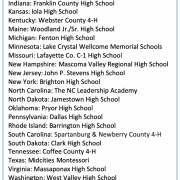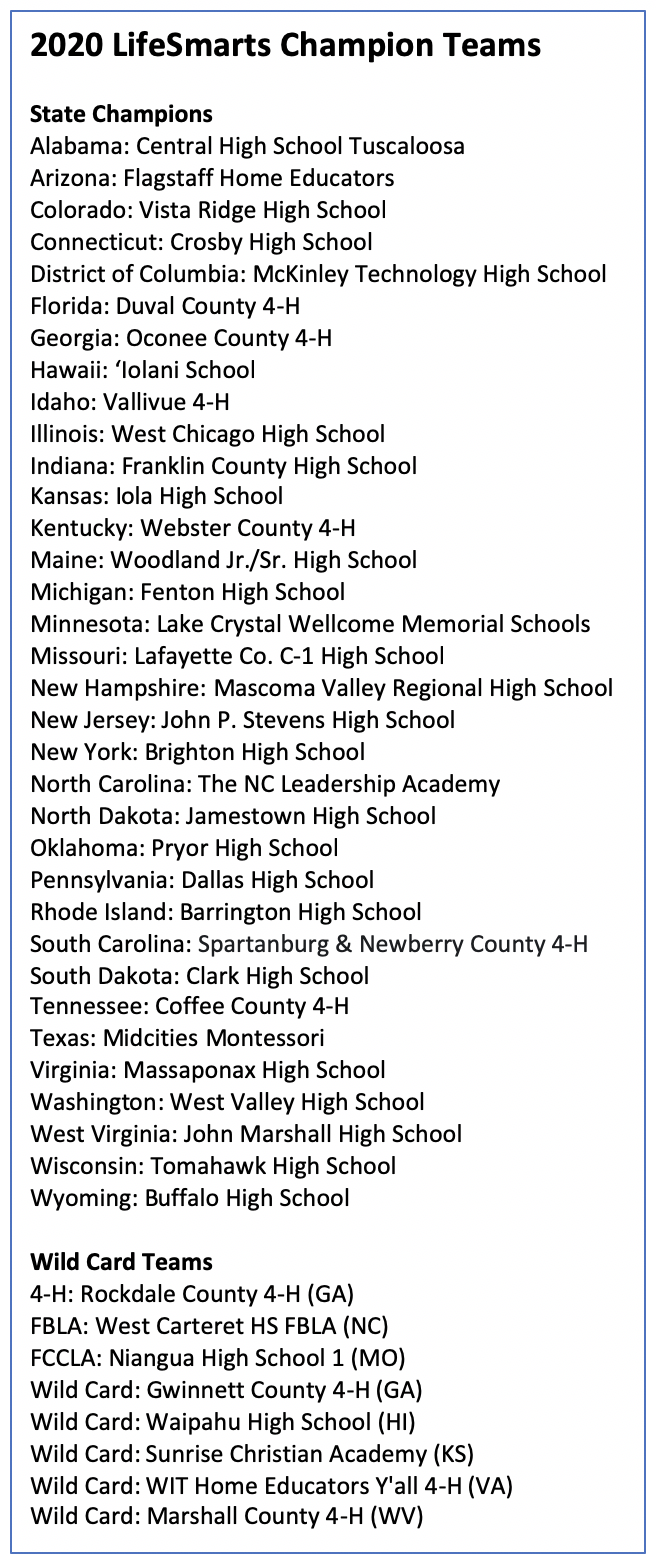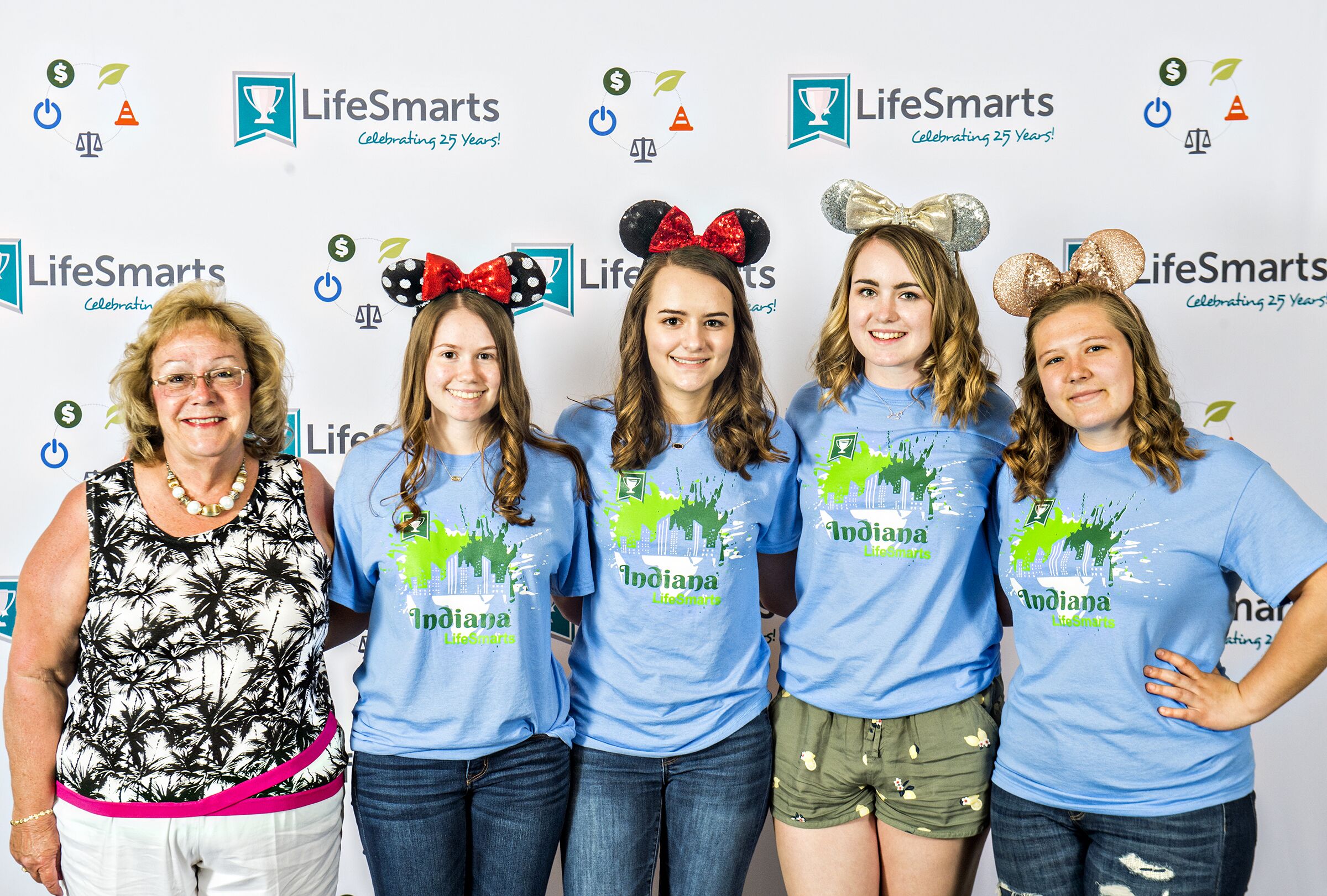March 19, 2020
Media contact: National Consumers League – Carol McKay, carolm@nclnet.org, (412) 945-3242 or Taun Sterling, tauns@nclnet.org, (202) 207-2832
Washington, DC–A coalition of national consumer and passenger rights groups today called on Congress to include provisions in any contemplated airline industry bailout legislation that address both the immediate impacts of the COVID-19 outbreak on passengers as well as long-standing consumer protection concerns.
After years of record profits, the airline industry is now facing steep and painful financial headwinds due to the COVID-19 pandemic. In response, the industry has asked the Trump Administration and leaders in Congress for a bailout package of grants, loans, and tax relief reportedly totaling more than $50 billion. This includes $29 billion in grants, up to $25 billion in loans, three months of tax rebates and a repeal of aviation excise taxes through at least the end of 2021.
To address the immediate danger of the coronavirus and related passenger protection concerns during the national emergency, the groups urged Congress to require airlines to take steps to mitigate the spread of coronavirus on airplanes, require cash refunds for consumers who cancel flights or whose flights are canceled by the airline, require reasonable rebooking fares and increase call center staffing levels.
As advocates for consumers, the groups further urged Congress to heed the lessons of the 2008 financial crisis by including a slate of needed consumer protections such as making ancillary fees reasonable, restoring a private right of action, empowering state attorneys general to protect passengers, prohibiting further reductions in seat sizes, and ensuring equal access to fare, fee and schedule data.
“A commercially viable air transportation system is vital to the U.S. economy, but in the past decade the airlines have raked in $96 billion in profits on the backs of consumers with the implicit assurance that taxpayers would bail them out in the event of a major market disruption,” said Sally Greenberg, executive director of the National Consumers League. “If the airlines are going to run to Congress for a bailout when they could have invested in pandemic insurance or increased their cash reserves, then policymakers should require binding commitments to address long-standing consumer protection concerns.”
“After the terrorist attacks on 9/11, Consumer Reports supported taxpayer relief for the airline industry, but urged Congress to require protections to address longstanding consumer complaints,” said William J. McGee, Aviation Adviser for Consumer Reports. “Unfortunately, no such protections were included, and since then, the airlines have consolidated, become less consumer-friendly, and laid off hundreds of thousands of workers as their profits soared. Meanwhile, consumers have had to put up with tighter seats, indifferent customer service, and an increasing number of costly fees. Consumers should not be left out now.”
“Restoring a private right of action is the one necessary structural solution to provide sufficient industry discipline to prevent airlines from trampling on all the rights and interests of their customers,” stated Business Travel Coalition chairman Kevin Mitchell. “The right to sue when harmed is fundamental and is one that the U.S. Congress never intended to have stripped from airline consumers when it deregulated the industry in 1978. Moreover, it is a right that consumers exercise in every other consumer-facing industry to discourage market participants from abusing their rights.”
“As air travel is the main way the coronavirus has quickly spread to become a global pandemic, airlines have a special obligation to strictly obey government guidelines to mitigate the pandemic even though this means less revenue and increased expenses in the short term,” said Paul Hudson, President, FlyersRights.org, Public Member, FAA Aviation Rulemaking Advisory Committee and Evacuation Advisory Rulemaking Committee. “DOT Secretary Chao must also strictly enforce the guidelines and abandon the agency’s weak enforcement of passenger rights. Congress at a minimum should repeal the exemption of airlines from consumer protection laws applying to all other businesses.”
“The last investment taxpayers made in the airline industry during a time of crisis was followed by record profits on the backs of consumers through less competition, transparency, passenger comfort and a proliferation of fees for services previously included in the price of a ticket,” said Kurt Ebenhoch, executive director of Travel Fairness Now. “This time, massive public assistance to the airline industry must be coupled with a meaningful commitment from the airline industry to passenger safety and consumer protection.”
“For years, the airlines have failed to place either passenger health and safety or passenger rights first, so Congress needs to require that they do,” said Ed Mierzwinski, U.S. PIRG Senior Director for Federal Consumer Programs.
“It’s time to put the public interest front and center as we take steps to address the immediate problems related to the COVID-19 pandemic and the airline industry in the long-term,” said Susan Grant, Consumer Federation of America’s Director of Consumer Protection and Privacy.
The letter was signed by the National Consumers League, Business Travel Coalition, Consumer Action, Consumer Federation of America, Consumer Reports, EdOnTravel.com, FlyersRights.org, Travelers United, Travel Fairness Now and U.S. PIRG.
—————–
ABOUT
The National Consumers League
The National Consumers League, founded in 1899, is America’s pioneering consumer organization. Our mission is to protect and promote social and economic justice for consumers and workers in the United States and abroad. For more information, visit www.nclnet.org.
Business Travel Coalition
Founded in 1994, the mission of Business Travel Coalition is to interpret industry and government policies and practices and provide a platform so that the managed travel community can influence issues of strategic importance to their organizations. For more information, visit www.businesstravelcoalition.com
Consumer Action
Through education and advocacy, Consumer Action fights for strong consumer rights and policies that promote fairness and financial prosperity for underrepresented consumers nationwide.
Consumer Federation of America
The Consumer Federation of America (CFA) is an association of non-profit consumer organizations that was established in 1968 to advance the consumer interest through research, advocacy, and education. Today, more than 250 of these groups participate in the federation and govern it through their representatives on the organization’s Board of Directors. CFA is a research, advocacy, education and service organization.
Consumer Reports
Consumer Reports (CR) is a nonprofit membership organization that works side by side with consumers to create a fairer, safer, and healthier world. For 80 years, CR has provided evidence-based product testing and ratings, rigorous research, hard-hitting investigative journalism, public education, and steadfast policy action on behalf of consumers’ interests, including their interest in safe and affordable air travel. Unconstrained by advertising or other commercial influences, CR has exposed landmark public health and safety issues and strives to be a catalyst for pro-consumer changes in the marketplace. From championing responsible auto safety standards, to winning food and water protections, to enhancing healthcare quality, to fighting back against predatory lenders in the financial markets, Consumer Reports has always been on the front lines, raising the voices of consumers.
EdOnTravel.com
A longtime travel expert, Ed helps consumers get the most from their travel dollar. His feature and Q&A columns give readers up-to-the-minute advice on everything from planning an itinerary for a European rail trip to booking flights, renting cars and buying travel insurance. Perkins also peppers his columns with valuable tips to avoid travel hassles.
FlyersRights.org
FlyersRights.org, established in 2007, is the largest airline passenger organization. It publishes a bi-weekly newsletter, operates a free hotline for airline passengers 877-FLYERS6, advocates for passenger rights and interests, represents passengers on the FAA Aviation Rulemaking Advisory Committee dealing with air safety, and maintains a staffed office in Washington, D.C. For more information, visit www.flyersrights.org
Travel Fairness Now
Travel Fairness Now is a non-profit coalition of 70,000 travelers advocating for greater transparency, competition and fairness in travel. For more information, please visit www.travelfairnessnow.org.
Travelers United
Travelers United is the only nonprofit, consumer travel organization dealing with air, rail, bus, rental car, cruise, and lodging. With a presence in Washington, DC we regularly bring together the Department of Transportation, the Federal Trade Commission, congressional representatives, and major stakeholders to impact important issues on behalf of travelers. For more information, visit www.travelersunited.org
U.S. PIRG
U.S. PIRG, the federation of state Public Interest Research Groups, is a consumer group that stands up to powerful interests whenever they threaten our health and safety, our financial security, or our right to fully participate in our democratic society.



 “Mrs. Slaven sees LifeSmarts as an organization that teaches students things that they will need in their lives, that they aren’t necessarily exposed to in school. That is the reason why she is so invested and has given back to LifeSmarts as a coach for so many years. Mrs. Slaven is dedicated to the success of each student, not only in LifeSmarts but in our lives as well. Mrs. Slaven has led many teams to National Competitions throughout the years and has not failed to highly motivate and prepare each team. I think this says a lot about how caring and dedicated she is. She juggles the duties of LifeSmarts along with being department head of the business department. This year Mrs. Slaven is retiring, and is so deserving of this great honor due to everything she has given to us, and LifeSmarts throughout the years.”
“Mrs. Slaven sees LifeSmarts as an organization that teaches students things that they will need in their lives, that they aren’t necessarily exposed to in school. That is the reason why she is so invested and has given back to LifeSmarts as a coach for so many years. Mrs. Slaven is dedicated to the success of each student, not only in LifeSmarts but in our lives as well. Mrs. Slaven has led many teams to National Competitions throughout the years and has not failed to highly motivate and prepare each team. I think this says a lot about how caring and dedicated she is. She juggles the duties of LifeSmarts along with being department head of the business department. This year Mrs. Slaven is retiring, and is so deserving of this great honor due to everything she has given to us, and LifeSmarts throughout the years.”












